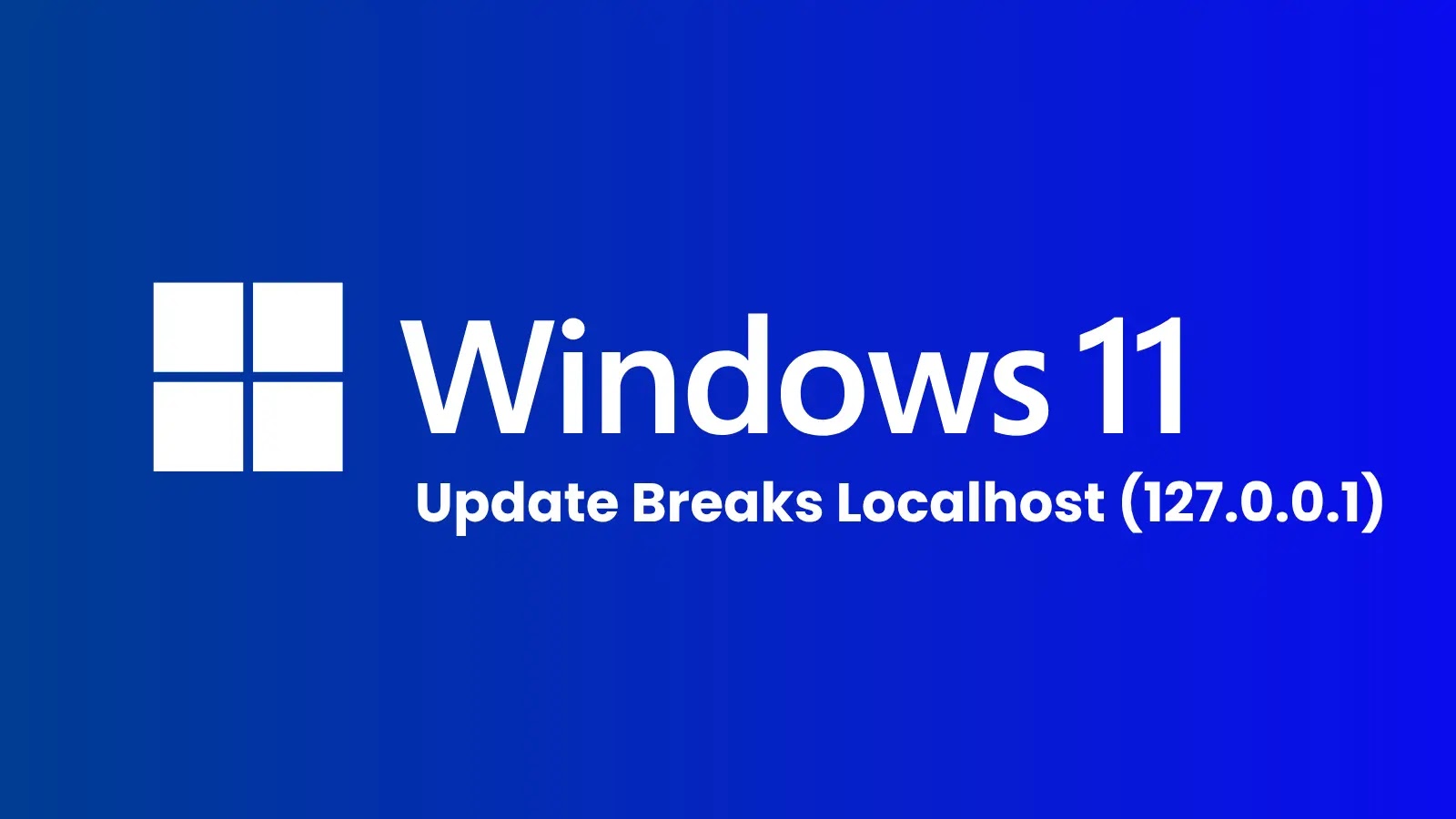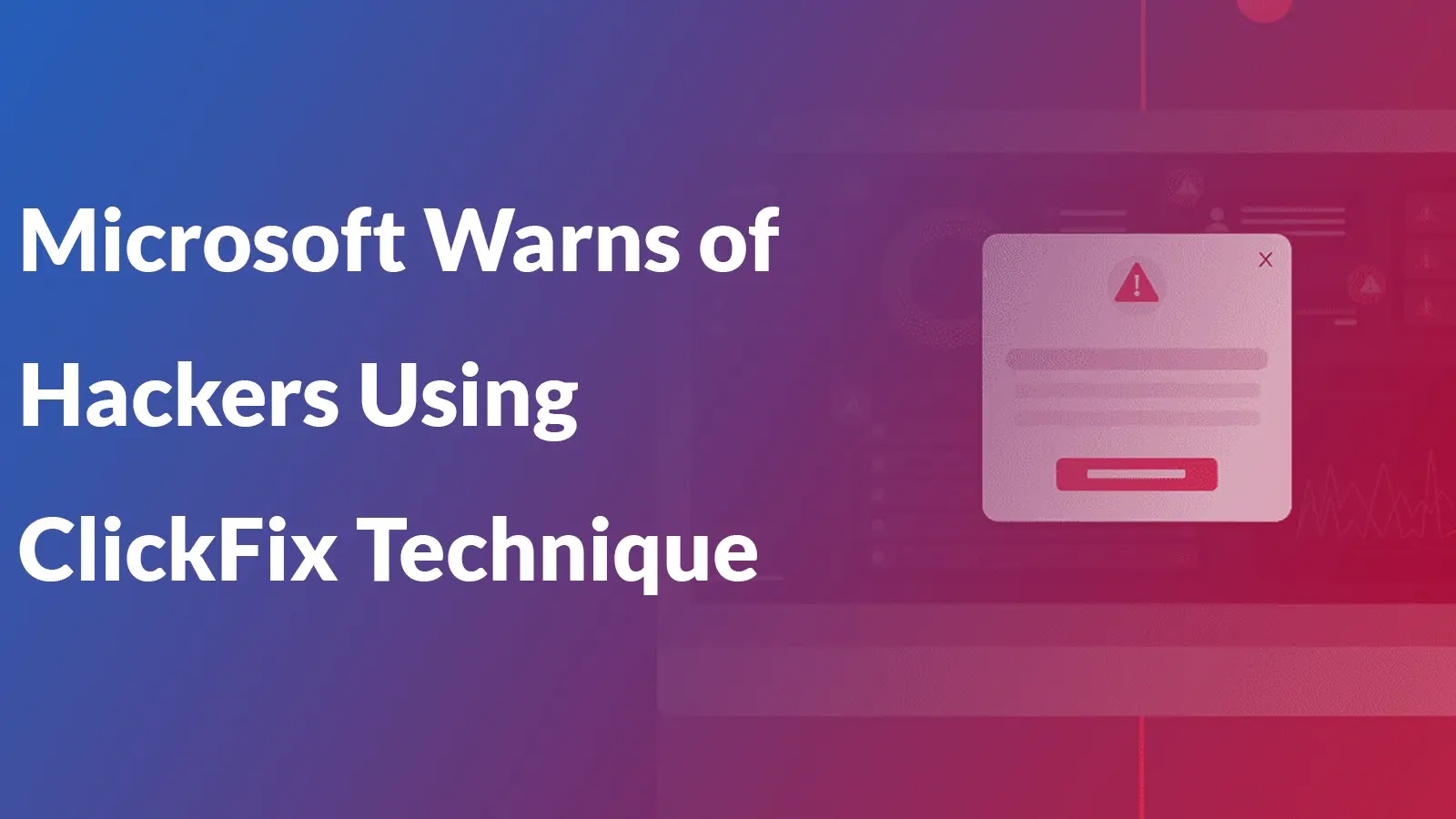Microsoft’s October 2025 cumulative update for Windows 11, identified as KB5066835 and released on October 14, has introduced a significant issue affecting localhost functionality. This problem prevents developers and users from accessing local web applications and services via the 127.0.0.1 loopback address, a critical component in software development and testing environments.
Impact on Development Environments
The disruption has been widely reported across various forums, including Microsoft’s support pages, Stack Overflow, and Server Fault. Developers have encountered HTTP/2 protocol errors, such as ERR_HTTP2_PROTOCOL_ERROR or ERR_CONNECTION_RESET, when attempting to connect to services hosted on localhost. This issue has particularly affected applications utilizing IIS Express or Kestrel servers, rendering routine local development tasks challenging.
For instance, Autodesk has confirmed that its Vault software is impacted by this update, advising customers to roll back the update where feasible. The problem extends beyond individual developers, affecting production desktop applications that rely on loopback communication for internal processes.
Root Cause Analysis
Investigations suggest that the issue stems from modifications made to HTTP.sys, the kernel driver responsible for handling HTTP traffic. These changes were introduced in KB5066835 to address security vulnerabilities but inadvertently disrupted loopback HTTP/2 negotiations, especially in configurations that had previously installed the September preview update KB5065789.
Workarounds and Temporary Solutions
Affected users have reported some success in mitigating the issue by uninstalling both KB5066835 and KB5065789 using command-line tools like wusa.exe, followed by a system restart. Alternatively, disabling HTTP/2 through registry edits under HKEY_LOCAL_MACHINE\SOFTWARE\Microsoft\IIS\Parameters has been suggested as a potential workaround. Some users have also found that updating Microsoft Defender Antivirus definitions via KB2267602 resolves the issue without the need for a full rollback.
Notably, fresh installations of Windows 11 appear unaffected, indicating that the problem may arise from interactions with existing system configurations rather than a fundamental flaw in the update itself.
Microsoft’s Response and Recommendations
As of October 17, 2025, Microsoft has not publicly acknowledged the bug on the KB5066835 support page. However, responses from Microsoft engineers in community forums indicate internal awareness and ongoing efforts to develop a fix. Some reports suggest that subsequent Defender intelligence updates or minor patches have mitigated the issue for systems that have rolled back the problematic updates, though experiences vary across different hardware and configurations.
Given the impending end of support for Windows 10, this glitch highlights the challenges associated with transitioning users to Windows 11, especially in light of recurring update-related issues. Developers are advised to temporarily pause updates and monitor Microsoft’s release health dashboards for official resolutions to minimize downtime in their workflows.
This incident is part of a broader pattern of post-update issues, underscoring the need for improved quality control measures in Microsoft’s update deployment processes.



